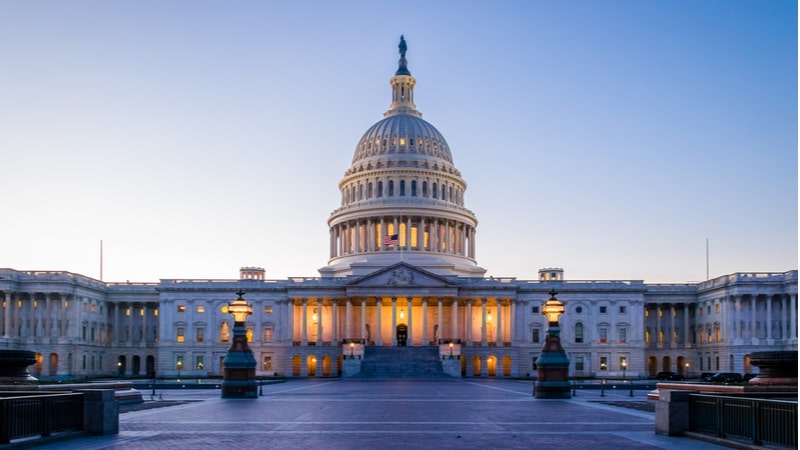
Bipartisan legislation reintroduced in the House on March 31 would make permanent the National Science Foundation’s (NSF) National AI Research Resource (NAIRR) pilot in an effort to bolster AI research in the United States and promote responsible use of the technology.
Sponsored by Reps. Jay Obernolte, R-Calif., and Don Beyer, D-Va., the Creating Resources for Every American To Experiment with AI Act (CREATE AI Act) was first introduced in the House and Senate in 2023.
NAIRR was first mandated under President Joe Biden’s 2023 executive order on AI and was established in January 2024 to expand AI research access by providing computing power, datasets, and tools to researchers nationwide.
Under the bill reintroduced this week, NAIRR would gain a formal governance structure to oversee its operations including a steering subcommittee under the White House Office of Science and Technology Policy and a program management office within NSF.
“Artificial intelligence is one of the most transformative technologies of our time, but currently the tools needed to develop it are out of reach for most Americans,” said Rep. Obernolte in a statement. “The CREATE AI Act will democratize access to cutting-edge AI resources by establishing a shared national infrastructure for research and experimentation.”
In a new twist to the 2025 version of the legislation, NAIRR would operate on donations from Federal agencies and industry instead of requiring new Federal funding. The reliance on donations comes as the Trump administration and its Department of Government Efficiency continue to pursue cuts in Federal spending.
“This access to high-quality data, compute resources, and support would drive the innovation necessary to strengthen our global competitiveness in trustworthy AI development and in turn help accelerate solutions to the world’s most pressing challenges,” said Rep. Beyer in a statement.
Rep. Obernolte, the only member of Congress with a graduate-level degree in AI, recently said he was “really optimistic” that the legislation would end up becoming law.
